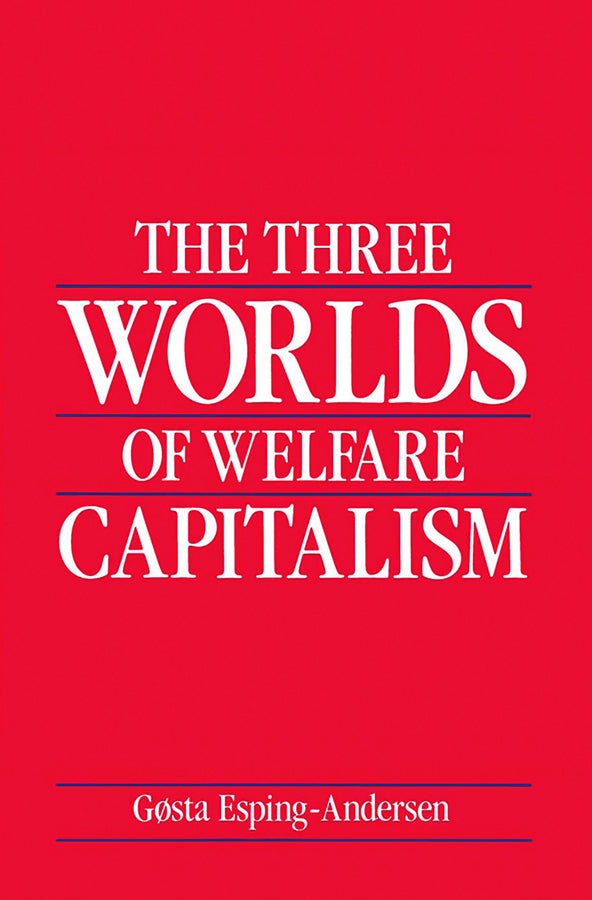Description
Dive deep into 'The Three Worlds of Welfare Capitalism' by Gosta Esping-Andersen, a seminal text that revolutionizes our understanding of welfare states globally. This BRAND NEW copy, published by John Wiley & Sons in 1989, offers a comprehensive exploration of how welfare systems have evolved in advanced western societies. In these insightful 260 pages, Esping-Andersen categorizes welfare states into three distinct types: liberal, conservative, and social-democratic, each with unique historical and socio-economic contexts. This book not only analyzes the structures of these welfare regimes but emphasizes the significant influence of state characteristics on economic developments, particularly in a fast-changing post-industrial landscape. With its rigorous comparative perspective, 'The Three Worlds of Welfare Capitalism' serves as an essential resource for scholars and students in sociology, economics, and political science, illuminating how institutional frameworks shape contemporary economic realities. Engage in the discourse on welfare capitalism and enhance your knowledge with this authoritative analysis. Don't miss your chance to own this groundbreaking work, pivotal for understanding modern welfare states and their implications for economic policy and social justice.

